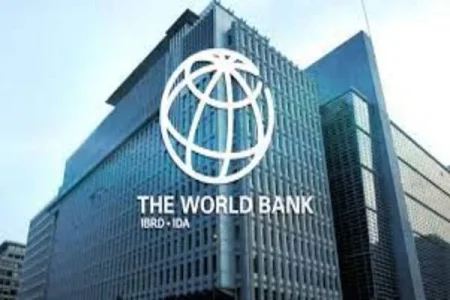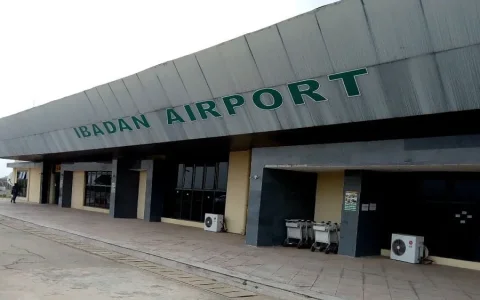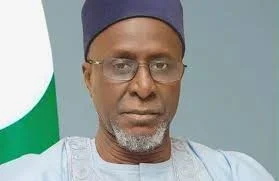
The World Bank has raised a worrying forecast, predicting that more Nigerians will fall into poverty by 2027. The report highlights the growing economic challenges facing the country, largely due to inflation, unemployment, and the slow pace of economic recovery. As the population continues to grow, the financial situation for many Nigerians is expected to worsen, making it harder for families to escape the cycle of poverty.
- The World Bank warns of rising poverty levels in Nigeria by 2027.
- Factors like inflation and unemployment contribute to the worsening situation.
- Despite efforts to boost the economy, recovery remains slow.
- Nigeria’s population growth adds pressure on resources and opportunities.
- More Nigerians could struggle to meet basic needs, making survival more difficult.
As Nigerians brace for what could be a harder future, how can the government and businesses create solutions to reduce poverty? What steps should be taken now to reverse this trend?




